Why circle management is more important than gun skill in PUBG
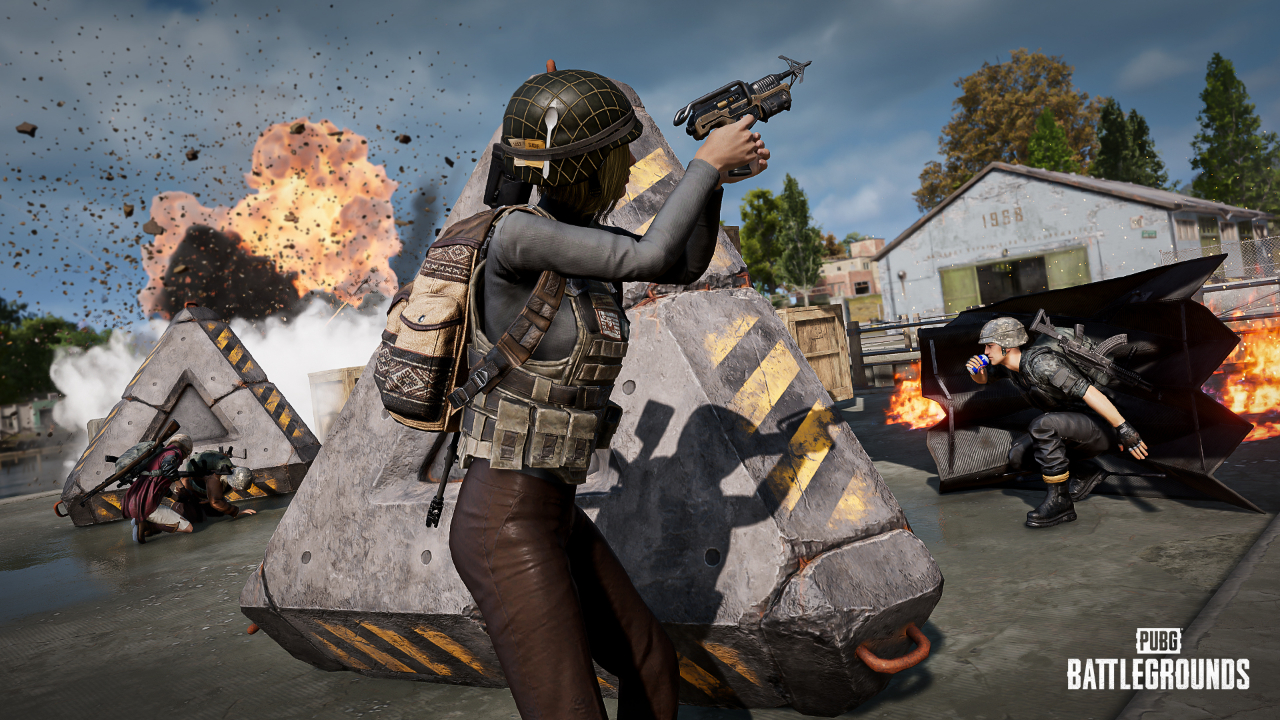
In a game where bullets fly, grenades rain down and every step could be the last, sharp aim might seem like the key factor separating winners from lobby fillers. Yet in PUBG, there is a weapon more decisive than a perfectly placed headshot: circle management. That slow-moving blue wall often proves to be either the greatest ally or the most unforgiving enemy.
Landing shots with an M416 or mastering recoil may deliver the highlight reels, but seasoned players and competitive professionals alike point to the same truth: the ability to read, rotate and reposition with the circle is what truly determines survival.
It’s not about the fight – it’s about the timing
Gun skill matters, but fighting outside the circle as the zone closes is often a lost cause. Strong players understand that knowing when to fight is just as important as knowing how to fight, and this is where circle awareness proves decisive.
The ability to read the current zone, anticipate the next and rotate early provides a tactical edge. Rather than scrambling uphill into enemy scopes, well-positioned players are already in cover, observing opponents forced into desperate moves and exploiting the mistakes born of their panic.
Players often waste PUBG UC on fancy weapon skins and parachutes, but mastering zone control? That’s the real investment that pays off in Chicken Dinners.
Third party? More like third zone
Squads that seem to appear from nowhere rarely do so by chance. This is the art of third-partying, made possible through smart circle management. By rotating early, securing the next safe zone and waiting for the inevitable sound of gunfire, these teams put themselves in position to strike.
Strong zone control allows a squad to become the third party rather than the victim. Early rotation provides time to secure high ground, occupy compounds and funnel late rotators into unfavourable fights. When combined with solid loot from earlier runs, this positioning turns the squad into effective gatekeepers, dictating the flow of engagements.
The blue zone is a killer too
Let’s be honest: dying to a player is frustrating, but dying to the blue zone? That stings. Yet it happens all the time – especially to players too focused on loot or tunnel-visioned on a single fight. The circle punishes hesitation, indecision, and greed.
The best players treat the blue zone as a sixth sense. Rotations are timed with precision, chokepoints anticipated and hotspots avoided. Those constantly chasing the circle surrender control, and in PUBG, control is everything.
Gun skill wins fights. Circle control wins games.
Surviving in PUBG is less about flawless aim or endless hours played and more about positioning, timing and making the game’s mechanics work in your favour.
Caught in the open usually signals a rotation issue. Losing high ground points to poor positioning. Being wiped by a squad that seemed to appear from nowhere likely means they reached the zone first and controlled it better.
The real question is whether the focus is on chasing fights or chasing zones. One often ends in a flashy death. The other brings a Chicken Dinner.
Final thoughts
PUBG might market itself as a tactical shooter, but beneath the loot and firefights lies a map-control game hiding in plain sight. Managing the circle is closer to chess while others play checkers with guns. Treating rotations as a win condition rather than an afterthought is often what delivers consistent results.
For those looking to upgrade loadouts without endless grinding, PUBG UC offers customisation options. Platforms such as Eneba, a digital gaming marketplace, regularly feature deals that allow players to enhance their experience more efficiently.
The editorial unit








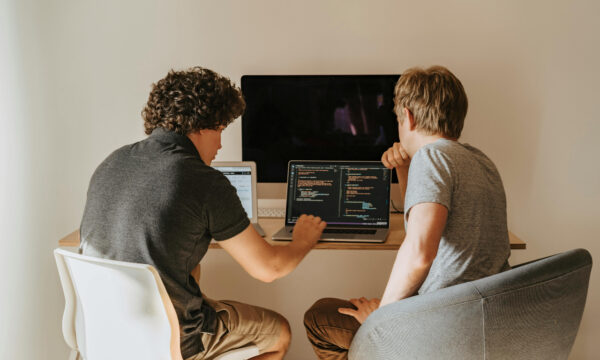
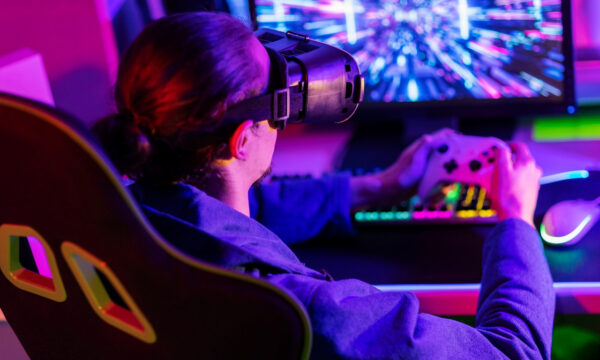







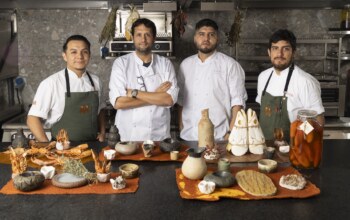
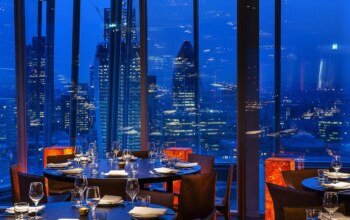
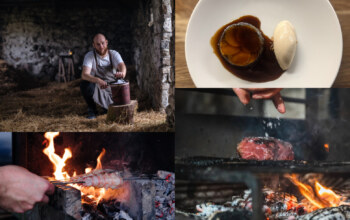





Facebook
Twitter
Instagram
YouTube
RSS